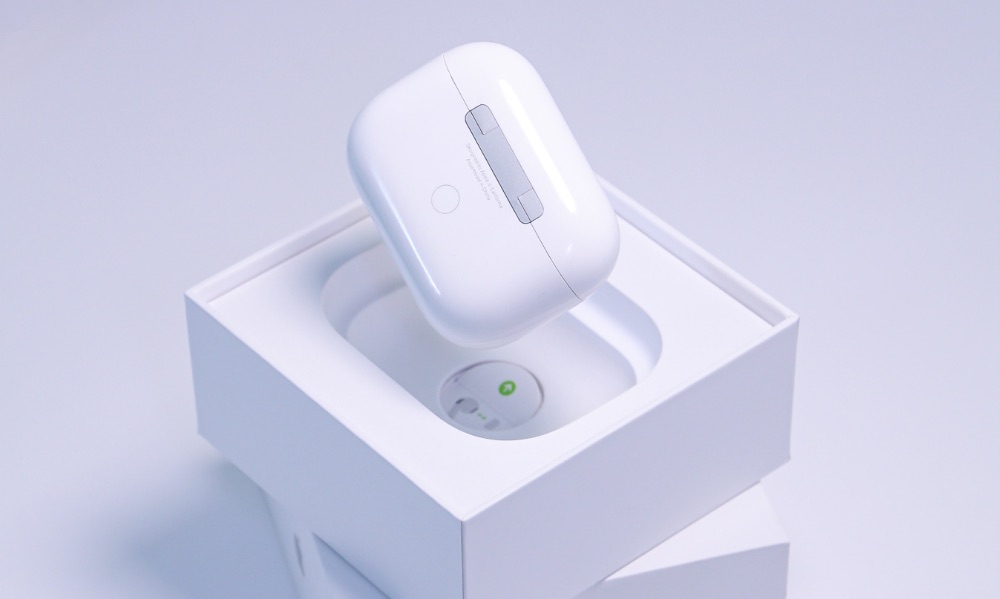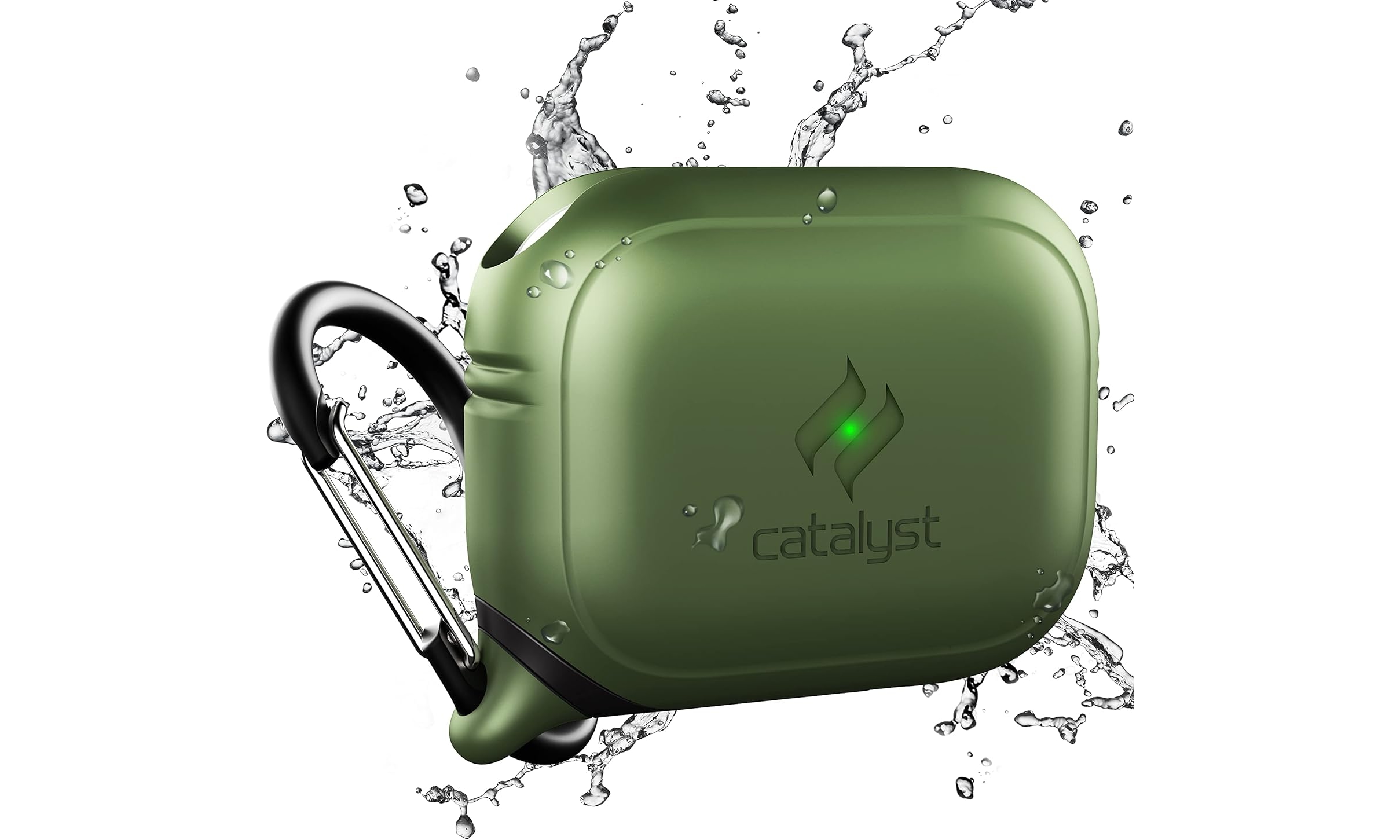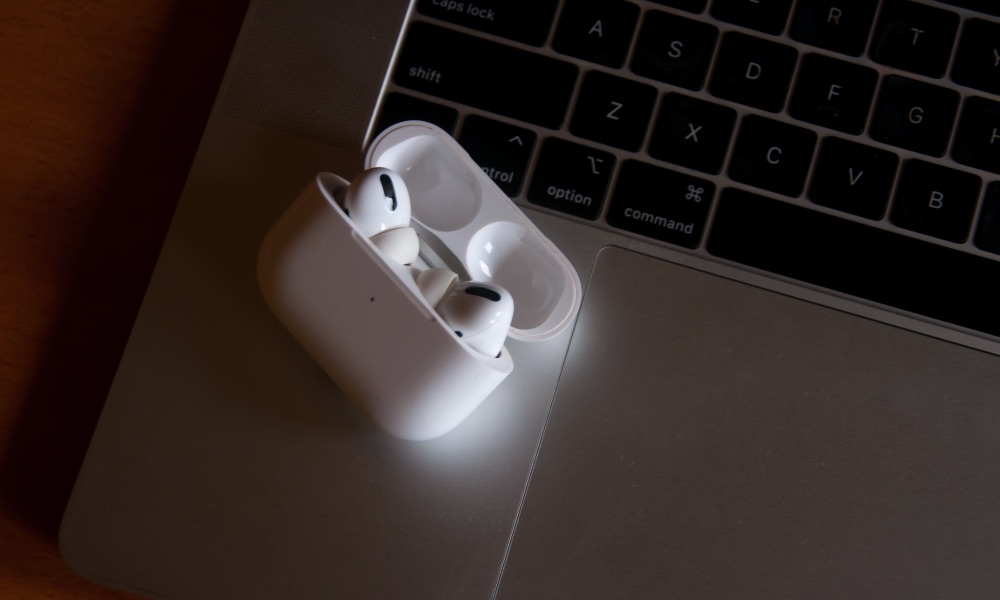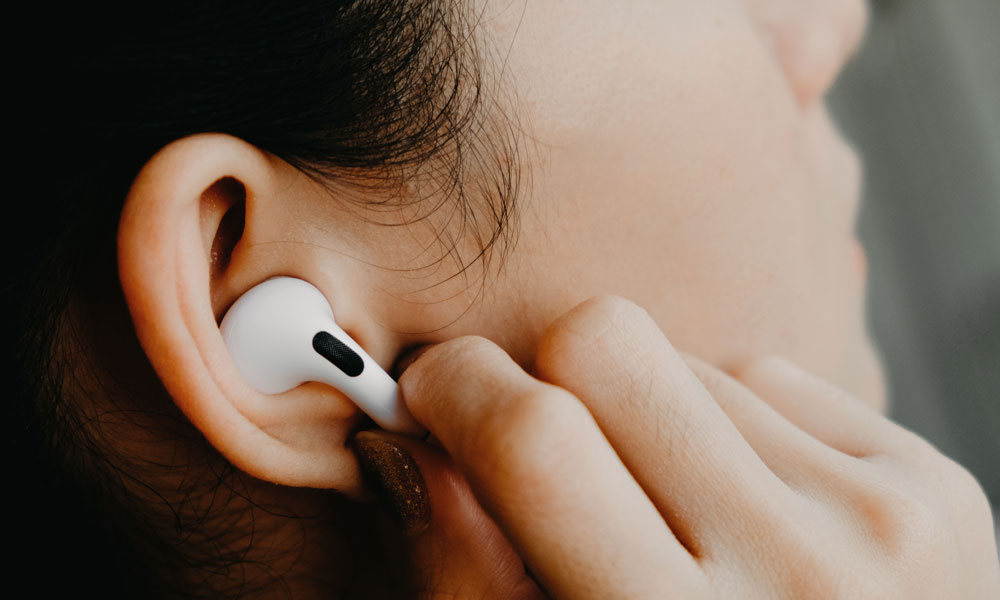Are Apple’s New USB-C AirPods Pro Waterproof?
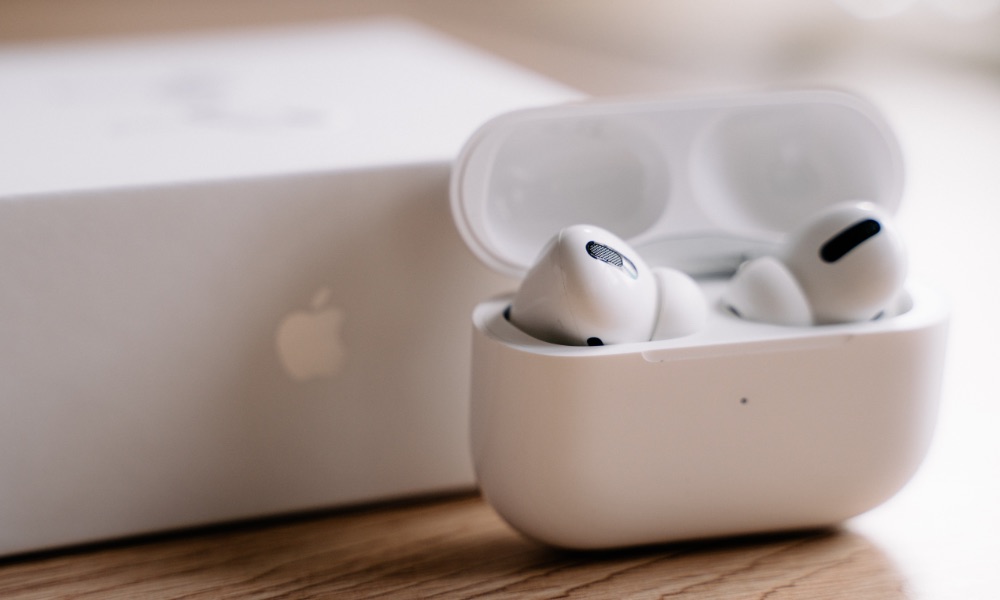 Credit: David Levêque
Credit: David LevêqueToggle Dark Mode
Last month, Apple quietly released an updated version of its popular second-generation AirPods Pro, featuring a new USB-C charging case and some other minor but interesting improvements.
Among these is a slightly higher IP54 rating than the Lightning version, which may have you wondering if the new AirPods Pro are any better at handling water than their predecessors.
Like most electronic devices, the short answer is that Apple’s AirPods Pro are water resistant, but they’re most definitely not waterproof, and the new rating doesn’t change that equation when it comes to water resistance; they’ll handle sweat and splashes of water about as well as all other AirPods, going back to the second-generation AirPods released in early 2019, but don’t expect them to survive a dunk in the pool, and definitely don’t try to wash them under running water.
What does an IP54 rating mean?
All of Apple’s AirPods released in the last four years have carried an IPX4 rating or water-resistance, including the second-generation AirPods Pro with the Lightning case.
With the USB-C AirPods Pro, Apple has upped that to an IP54 rating, but what this changes is no water resistance, but rather their ability to handle dust and other small solid particles.
An IP rating is made up of two numbers, the first of which represents resistance to solid foreign objects such as dust. The second is where water resistance comes in.
For Apple’s AirPods, that’s a “4” for both the USB-C AirPods Pro and all other current AirPods, which means they can handle water splashing or even spraying against them at very low pressure. This makes them okay for sweaty workouts and walks in the rain and also means you shouldn’t need to worry about wearing them by the pool or on a boating trip — as long as they don’t fall out. However, Apple makes it clear the water resistance rating is “for non-water sports and exercise,” and you certainly shouldn’t wear them in the shower or take them for a swim.
An IPX4/IP54 rating is still quite shy of the iPhone’s IP68 rating, which is typical of most high-end smartphones. All iPhone models since the 2018 iPhone XS carry an IP68 rating and can handle immersion in water in depths of at least two meters for up to 30 minutes; the iPhone 12 and later models increase that depth to six meters. That’s what the “8” represents in IP68.
By contrast, the AirPods Pro can’t handle immersion in water at all. If you plan on using them around water, you’ll want to be careful they don’t fall out of your ears, and you may want to consider putting the AirPods case in a waterproof case.
As for the first number, the USB-C AirPods Pro have gained extra protection against dust and other solid objects, with the “5” indicating that some dust and dirt might still get in, but not enough to cause a problem.
It’s worth noting that the “X” in the Lightning-cased AirPods Pro’s IPX4 rating doesn’t mean they’re not dust-proof — that would be a zero. The “X” just means that Apple hasn’t tested or certified them against the ingress of dust.
So, we don’t know if the USB-C AirPods Pro have actually changed in any significant way or if Apple just decided to run those tests this time around. Since Apple applies this rating to both the AirPods and the case, it’s also possible that the Lightning connector itself was the weak link, and it shored things up with the switch to USB-C.
Where Should I Avoid Using My AirPods Pro?
As we noted earlier, you don’t need to worry about sweat or moderate rain, but you should probably avoid going out in a torrential rainstorm.
In addition to not submerging your AirPods or placing them under running water, Apple also recommends avoiding using them in a sauna or steam room or in situations where they may be exposed to high-velocity water, such as water skiing, kayaking, or white-water rafting.
What Should I Do If My AirPods Pro Get Wet?
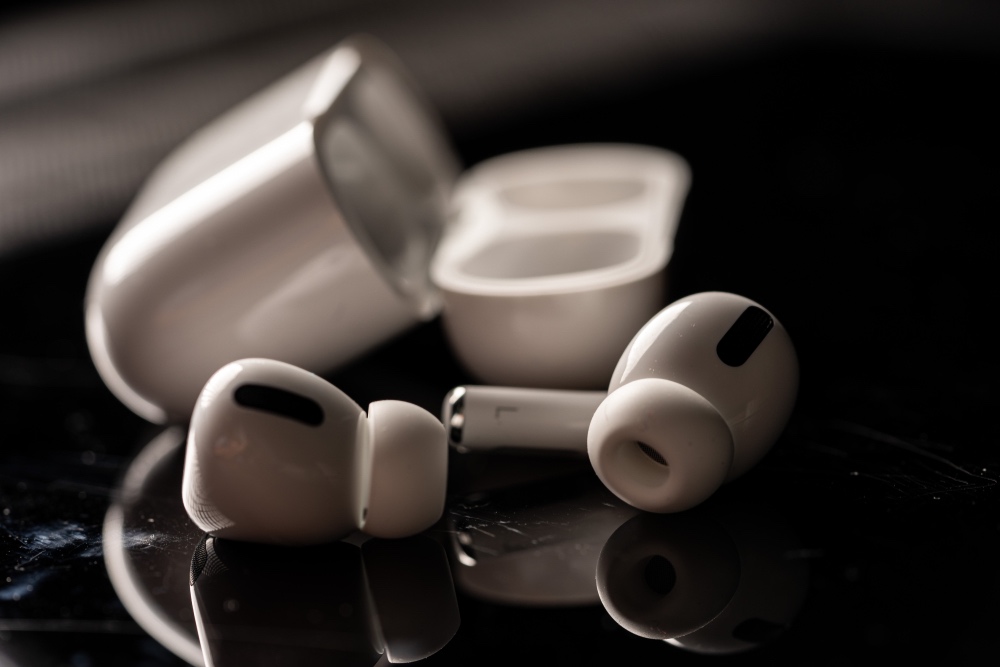
Even after a heavy workout or a run in the rain, Apple recommends that you wipe down your AirPods before putting them back in the case to make sure any excess moisture has been removed.
To do this, use a soft, dry, lint-free cloth. If you’re concerned that some moisture may have gotten inside, leave them out of the case for a while to let them dry out. Do not use any kind of heat or compressed air to speed up this process.
Water resistance is also based on exposure to fresh water. If your AirPods take a dip in a sink or tub, you can simply wipe them down as noted above and leave them out of the case to let them dry off. However, if they’ve been exposed to saltwater, pool water, or water that contains soaps, shampoos, oils, or other chemicals, you’ll need to ensure those are rinsed off as well as possible, as they can damage the water-resistant seals and the acoustic membranes that produce the sound.
However, don’t panic and run them under your tap, as that will make things worse. Instead, Apple recommends that you wipe them clean with a cloth that’s “slightly dampened with fresh water,” then dry them with another soft, dry, lint-free cloth and let them completely air dry before using them or putting them back in the charging case.
Never attempt to charge your AirPods or put them in the charging case until you’re sure they’ve fully dried out, and never use anything other than clean, fresh water on a dampened cloth to clean them.

